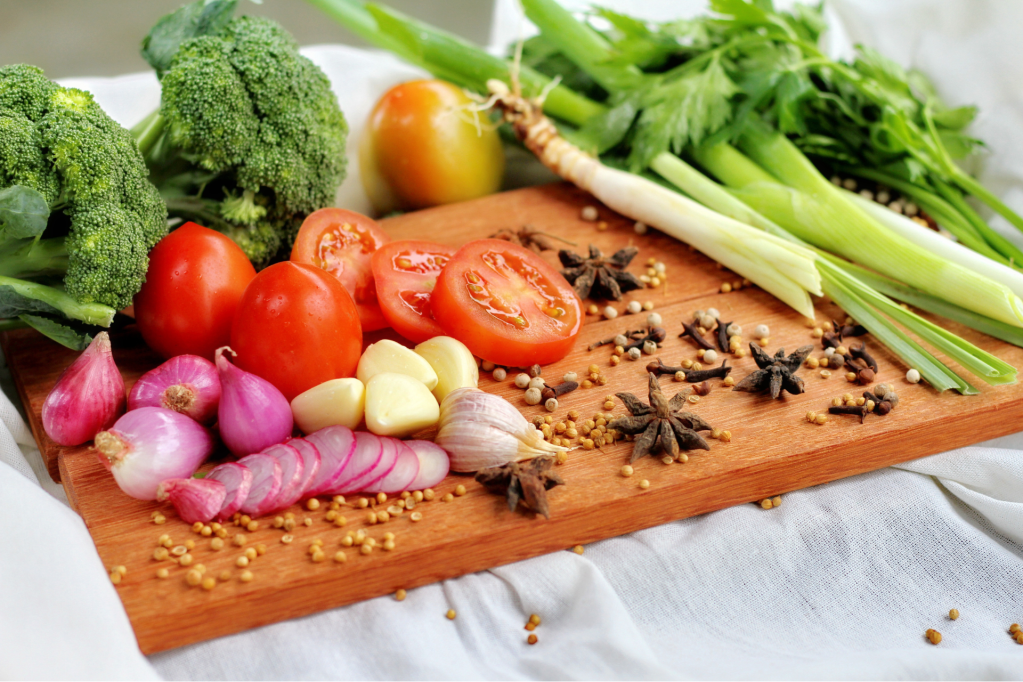Post by Lottie Ryan on behalf of Replenish
In last months blog post, I tried out the apps Olio and Too good to go. Both are designed for individuals and businesses to share excess food and make sure it isn’t wasted. This month I take a look at some apps developed to help you avoid wasting food at home.

8-10% of global greenhouse gas emissions are estimated to come from uneaten food1. With 4.7 million UK adults struggling to afford to eat every day2, it is sobering to think that each UK household wastes an average of £470 each year on food that ends up in the bin3!
The apps below help you to manage your food stocks and develop habits to stop you wasting food and money.
No waste
No Waste aims to reduce food waste by allowing you to keep check of what is in your fridge, freezer and cupboards. It notifies you what is expiring soon and helps you write shopping lists and plan meals.
After downloading the app I started to input all the food in the house, which was very time consuming! There is the ability to scan barcodes, but this didn’t always work. ‘Best before’ or ’use by’ dates have to be entered manually if you want to be notified when your food is expiring.
I did find the smart shopping section to be very useful and user friendly. You can easily add food items and delete them from your stock list when eaten. This helps minimise unnecessary purchases by telling you if you have that item in stock.

Overall, I found the app to be useful, but a lot of work as you continuously need to remove items you use and add ones you purchase so your lists stay up to date. This did become easier overtime. It tracks your monthly food waste and savings allowing you to see if you are developing better habits.
The app also highlights foods with a high carbon footprint in your stock, helping you to make more planet friendly choices in future. Inspired to calculate the carbon footprint of your food? Read this guest blog by the Cherwell Collective to find out how.
Kitche
Kitche is similar to No Waste, helping you reduce your food waste by keeping track of what you have at home and also tracking the amount of money you save and the environmental impact.
Once again, to start with, you need to input all your food at home to create a stock list. You can add products to a shopping list, but this was not as user friendly as the No Waste app. However, what I really like about this app was the ‘Recipes’ and ‘A whole lot more’ sections.

They have thousands of tasty recipes which you can search based on the ingredients you have – great for inspiration and using up what you have! The ‘A whole lot more’ section has chef hacks and food tips as well as detailing what foods are in season and delicious recipes for them.
There was also an ‘Autumn activities’ section with recipes and activities to get children involved with nature, cooking and reducing food waste.
Giki Zero

While not specifically a food waste app, Giki Zero is a step-by-step guide to having a lighter footprint on the planet, helping you live more sustainably.
After answering a few questions about yourself (diet and lifestyle related) it shows your personal environmental footprint and ideas to lighten it! You can select steps from ‘small impact’, like swapping car trips for bike rides, to ‘planet saver’, which would be going completely car free.
You might find you do lots of the suggestions already, like walking to work, or buying second hand clothes, but as you enter these on your account your personal footprint score will improve and Giki Zero will suggest more steps suitable for you.
Despite each step having a ‘to do’ list, it doesn’t provide many practical resources. For example, one of my suggested steps ‘make a meal with leftovers’ only advises looking in my fridge for ingredients and researching recipes. ‘How to’ guides and links to recipes would be useful, especially if you don’t know where to start.
However, it does make you think! Ticking off steps and improving your environmental footprint score is very motivating.
Although I have no plans to go car free yet (living in a small village makes that practically impossible!), I have found myself changing my cleaning products to eco-friendly alternatives.
I’ve also been cooking more vegetarian and vegan meals in order to reduce our meat consumption! If you are thinking about going plant based, read Gina’s guest blog ‘Changing Plates’ about her journey.

Sources
- UNEP Food Waste Index Report 2021
- New data shows food insecurity major challenge to levelling up agenda
- UK statistics on waste – GOV.UK
For more tips on cooking and growing nutritious food with zero waste, sign up to our monthly newsletter.